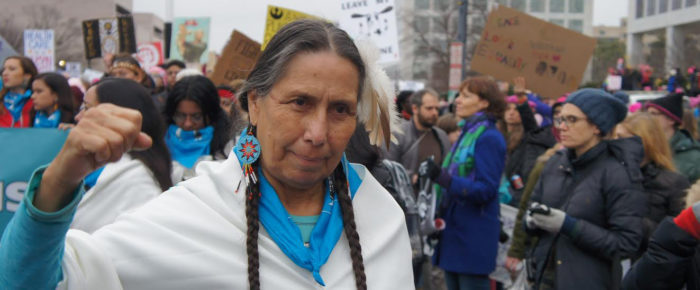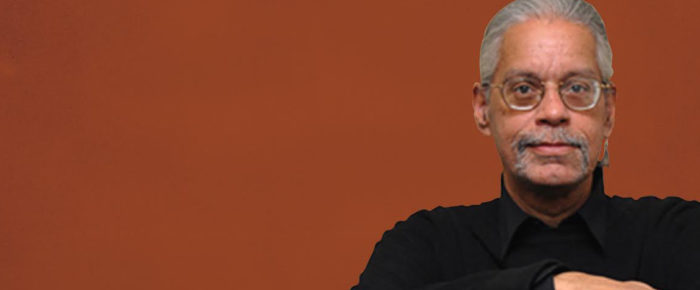Casey Camp-Horinek has a gentle demeanor, with her long, salt and pepper-colored hair and lyrical voice. However, there is searing fire behind her caring, dark eyes. She was born into…
Read morePonca tribe councilwoman explains activism at Standing Rock and why it’s not over


